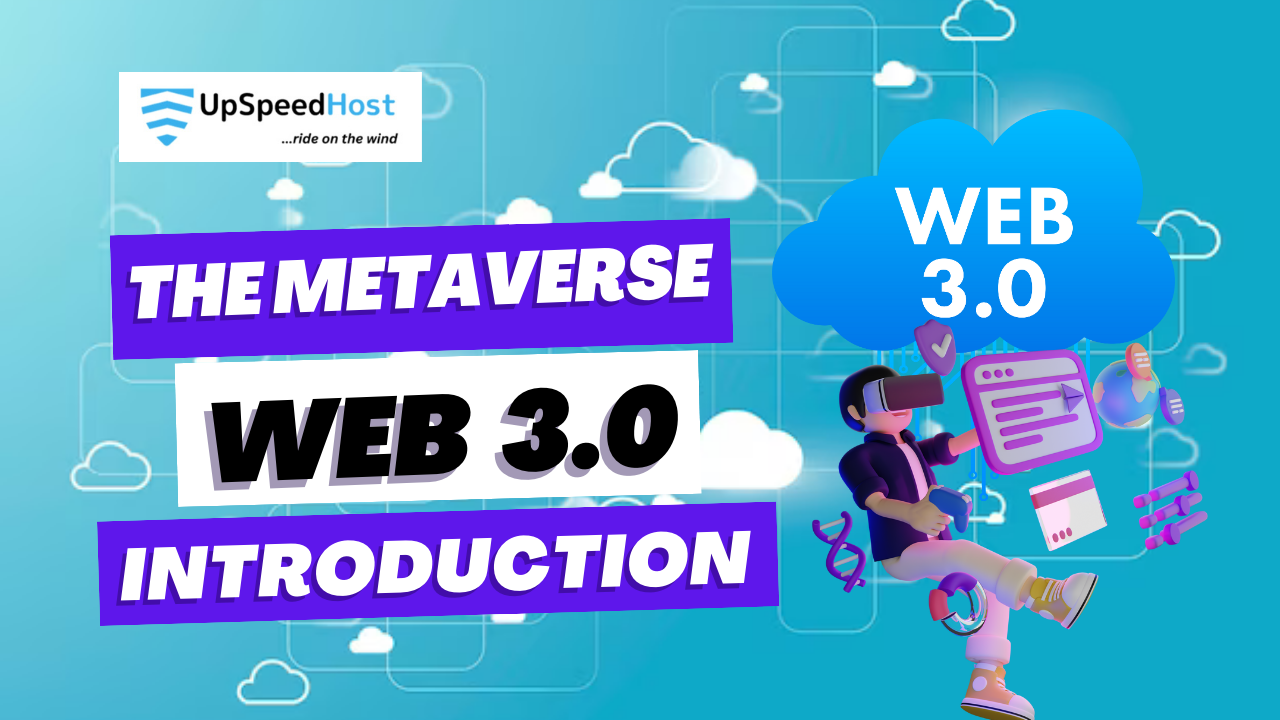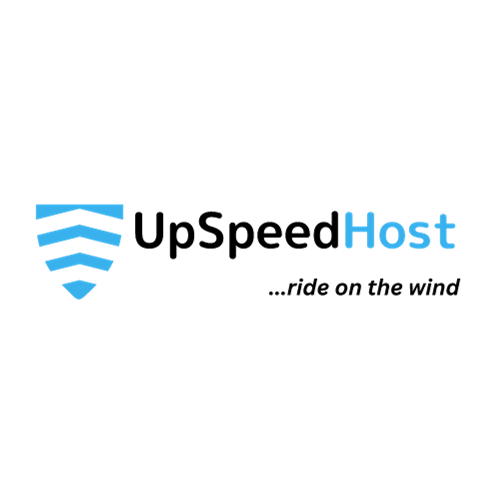The Internet has evolved in new and unintended ways ever since its inception. However, the upcoming evolution could be the most drastic and the most beneficial for the average person. Web 3, also called Web 3.0, is the future version of the Internet that will be defined by decentralization and so much more.
Odds are you’ve heard terms like Web 3.0 and “Metaverse” thrown around, but what exactly is Web 3.0, and how does it impact the metaverse as it stands today? This introductory guide will explore the answers to these questions and more.
What is Web 3.0?
Comparing Web 3.0 to earlier iterations of the Internet is perhaps the best way to understand the upcoming version of this interconnected system. The first version of the Web, sometimes called Web 1.0, was basic and simplistic. For the most part, people could only read the information on static websites.
Web 2.0, which came about in 2004 with social media platforms, enabled users to put their own content on the Web en masse. Web 2.0 was dominated by personalization, letting you carve out custom spaces on the Web for you and your friends, and the massive rise of e-commerce.
Web 3.0 is about something different. It’s primarily focused on the decentralization of information and owning your personal data. Where large companies own most data, and most people spend their time on the Internet on a handful of websites controlled by the same core conglomerates, Web 3.0 will be:
- Far more dispersed and individualized
- More controllable on the individual level, as people will be able to own their data and determine who gets access to it
- More diversified in terms of shopping and financial options

Key elements of Web 3.0
Web 3.0 isn’t fully realized yet. However, we can already make some predictions as to the final form of Web 3.0 when technology and user adoption finally reach critical mass. Web 3.0 will be defined by elements like:
- Decentralization. Most of the Internet will be distributed among builders, users, and companies
- Permissionless access. In other words, everyone will have access to Web 3.0, rather than excluding individuals on the basis of citizenship or money
- Native payments. Web 3.0 e-commerce may very well be dominated by cryptocurrency spending, using digital tokens like Bitcoin instead of fiat currencies
- Trustless interactions. Rather than relying on trusted third parties to guarantee a domain name is free, for example, economic mechanisms and incentives will dictate whether someone can be trusted and whether an asset is legitimate or not
If that sounds complicated, that’s because it is! But in the long run, Web 3.0 will be a far better version of the Internet than the modern Web.
The Future Benefits of Web 3.0
Web 3.0 should bring many major benefits to people around the world. Let’s take a look at some of those advantages one by one.
Censor-resistance
Thanks to Web 3.0’s decentralized nature, it will be almost impossible for governments or large corporations to censor information. In this way, truth will win the day. While it’s possible for bad actors to try to spread misinformation, it will be much harder to pull the hood over the public’s collective eyes when everyone’s computer can cross-reference information with each other.
Decentralization
The decentralization of Web 3.0 is another inherent benefit. Through decentralization, it will be very difficult for bad actors or hackers to steal funds, block users from the Web, and more. In essence, it won’t be possible for a single government, for example, to block a complete group of people from using the Internet — the Internet will be everywhere, not just centralized in a few locations.
Control over one’s information
Perhaps most importantly, Web 3.0 will give users more control over their private data. No longer will you need your data to be stored by a handful of companies or governments on select databases.
Instead, you’ll have total control over your data and determine who can access it. As a result, you’ll be responsible for the security of your data. Still, once people learn how to adopt good cybersecurity principles and approaches, they’ll be more comfortable owning their data rather than having someone else constantly analyze it for new marketing and advertising opportunities.
Freedom of commerce
On top of the above benefits, Web 3.0 should bring much greater freedom of commerce. The integration and adoption of cryptocurrencies will make transactions anonymous and rapid anywhere around the planet.
Furthermore, companies will be able to sell whatever they like to whomever they like without worrying about government oversight. Of course, this will again put more responsibility on the shoulders of individual Internet users and consumers, but that’s overall a good thing for the future of the world.
Metaverse integration
Lastly, Web 3.0 will enable much better metaverse integration than ever before. The idealized metaverse is a network of consistent universes that people can hop between using the same digital avatar and personal data. You can’t quite do that just yet.
But with Web 3.0, that and more will be possible. People will be able to host business meetings, visit digital stores, play games, transfer items, and maintain overall consistency with their digital identities across different worlds throughout the metaverse.
Core Technologies that Make Web 3.0 Possible
To make Web 3.0 a reality, companies, inventors, and others will need to create and leverage several core technologies, any of which are already technically available (though they may not be quite advanced enough to realize Web 3.0). These technologies are:
- Blockchain networks. Blockchain networks are primarily used for smart contracts and cryptocurrencies, but they’ll eventually be used for many types of Internet data transactions in Web 3.0. The acceptance of cryptocurrencies as a payment method is a major trend that businesses should adopt in 2023 if they aren’t already.
- Open source software, ensuring that Web 3.0 will be trustless. People will have access to the same software apps without key technologies being controlled by companies or governments.
- Artificial intelligence and machine learning algorithms. Semantic Web and other natural language processing-based technologies will allow machines to comprehend and produce information similarly to humans. This will completely revolutionize advertising, communication, social media, and more
How Companies are Shifting Into Web 3.0 Frameworks
Right now, several companies are already making the shift toward Web 3.0 products and services. Namecheap is just one example — we allow users like you to purchase domain names for affordable prices, plus take advantage of hosting services, online website security, SSL certification, and so on.
We do all this so you can control your digital corner of the web, your e-commerce business, and any other Internet ventures you may have in mind. More companies will eventually follow suit — in all likelihood, the companies that offer products ready for the migration to Web 3.0 will be well-positioned to make massive profits when this version of the Internet finally rolls out across the world.
Are You Ready for Web 3.0?
Ultimately, Web 3.0 is still a developing concept, but it’s one most should look forward to. Web 3.0 will herald a new, interconnected world with greater freedom, data control, and security than ever.

